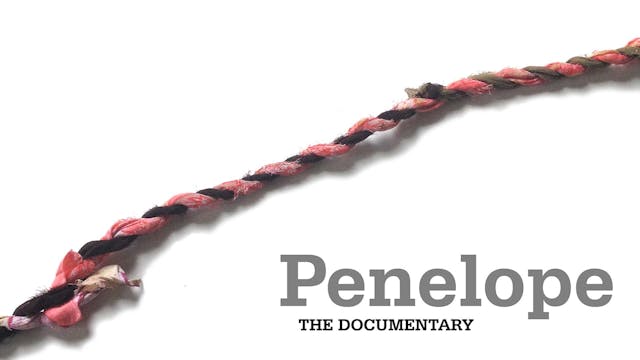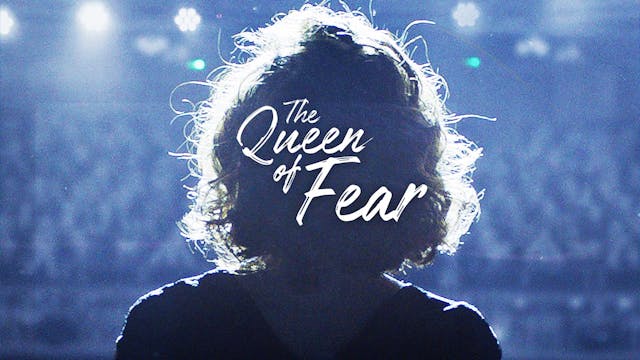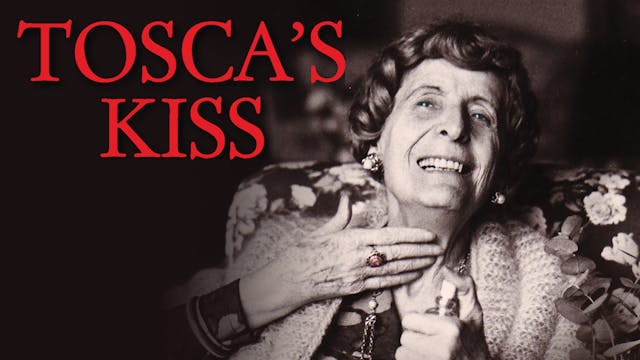The Owl's Legacy: Tragedy, or the Illusion of Death
Theater (collection)
•
26m
Directed by Chris Marker • Documentary • 1989 • 26 minutes
“The institution of tragedy plays a fundamental role in a democracy.” --Cornelius Castoriadis
Greek tragedies were originally like TV shows before the age of streaming. They were performed once, and only once says scholar Oswyn Murray. But despite their transitory nature, they embraced themes that have spoken to humanity for centuries—and across cultures.
This episode looks at the particular cross-cultural pollination between Greek and Japanese theater. A Japanese woman remembers first engaging with Greece through Theo Angelopoulos’s film The Traveling Players, based on the myth of the House of Atreus. Angelopoulos and writer Vassilis Vassilikos find affinities between the rhythms of Noh, Kabuki, and classical Greek drama. Meanwhile, actor and theater director Alexis Minotis argues that in the modern world, only Greeks can truly understand the Greek tragedies—a position belied by the clips seen throughout the episode from a Japanese production of Medeaperformed in the ancient theater of Epidaurus, and lauded by Greek actor and Minister of Culture Melina Mercouri.
Up Next in Theater (collection)
-
Penelope
Directed by Brad Lichtenstein • Documentary • 2013 • 53 minutes
What happens when a nursing home decides to throw out the bingo boards and take on the Odyssey instead? Amazing things — that’s what.
Penelope follows the story of residents of a midwestern care facility, some with severe dementia,...
-
The Queen of Fear
Directed by Valeria Bertuccelli, Fabiana Tiscornia • Drama • With Valeria Bertuccelli • 2018 • 107 minutes
Robertina, one of Argentina’s most acclaimed actresses, only has one month left until the premiere of her career-defining one-woman play. Instead of preparing and rehearsing, however, she s...
-
Tosca's Kiss
Directed by Daniel Schmid • Documentary • 1984 • 87 minutes
Meet the inhabitants of the "Casa di Riposa" in Milan, the world's first nursing home for retired opera singers, founded by composer Giuseppe Verdi in 1896.
In his documentary film Tosca's Kiss, which has developed an underground cult...




